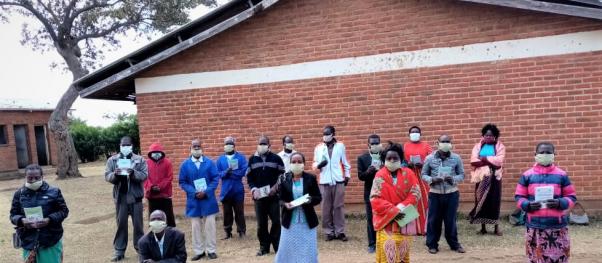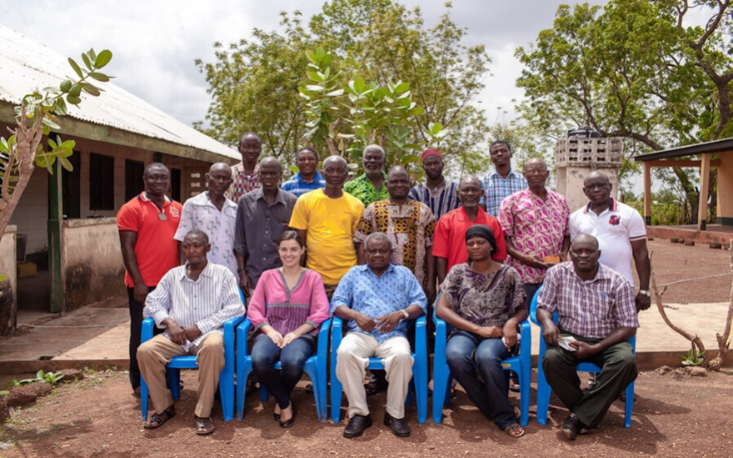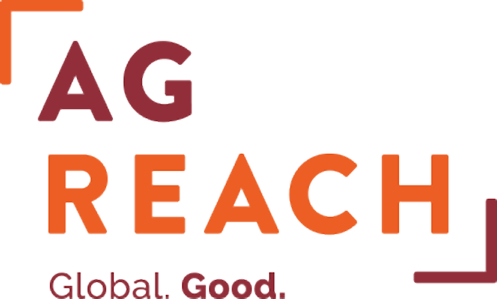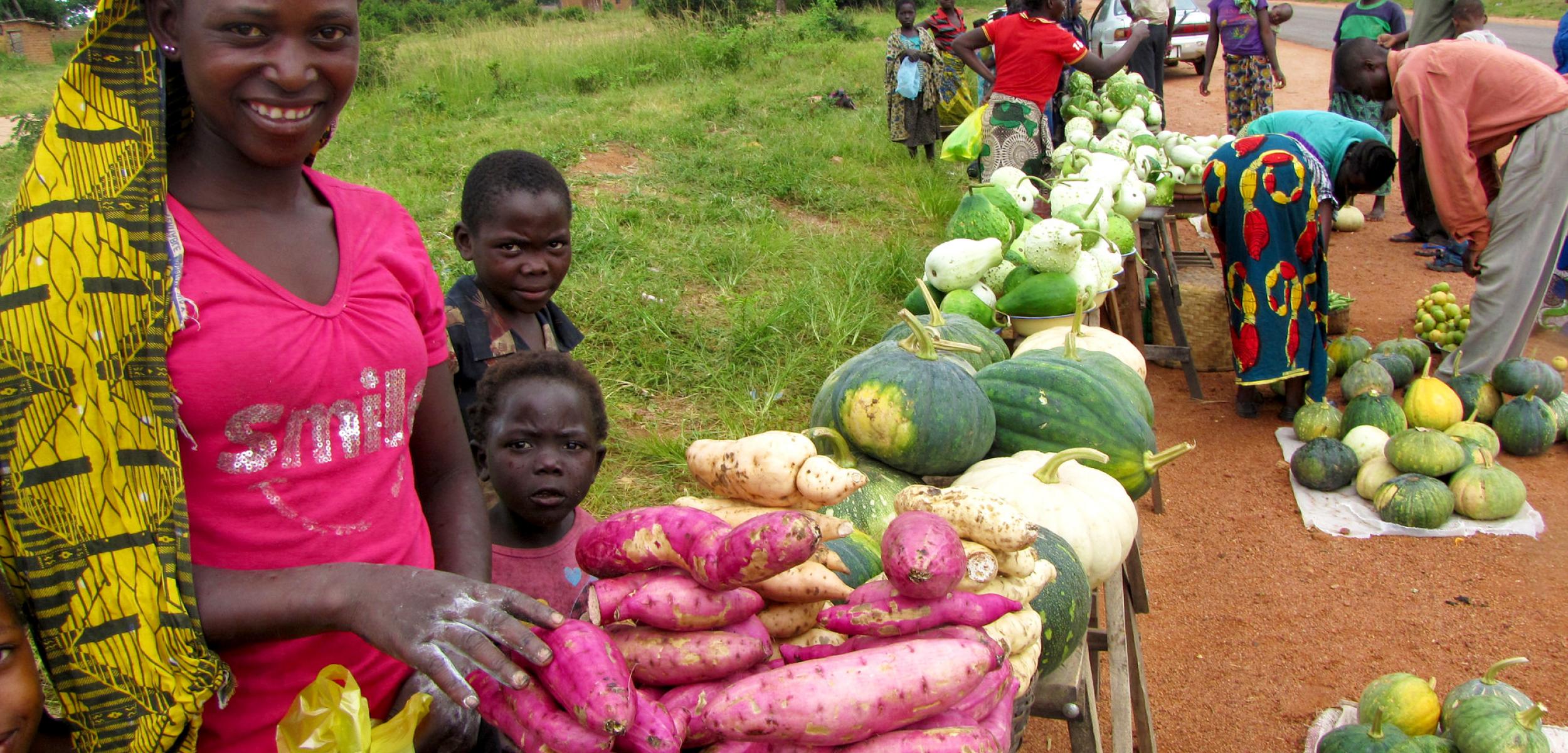Malawi's Strengthened Extension System Pivots During Pandemic.
For SANE, ensuring that interactions between extension workers and farmers continue during COVID-19 is key to institutionalizing the work that has been done. Coordination and communication have been essential to pivot and adapt to COVID-19. Continue reading on AgriLinks.

Extension services are critical to Malawi’s two million farm families who rely on group trainings, village meetings and visits from lead farmers to maximize their harvests. The Strengthening Agricultural and Nutrition Extension (SANE) activity has been working with local stakeholders and extension workers to identify ways to continue providing critical rural advisory services while mitigating the risk of COVID transmission. One strategy SANE has used is engaging the District Agriculture Coordinating Committees (DAECCs) in all the 13 districts it operates in to consider utilizing online platforms like Zoom, Skype and WhatsApp to convene and conduct their DAECC meetings. At the field level, some field staff have already adjusted their way of working and employing the prevention measures proposed during the online meetings, along with other measures recommended by the Ministry of Health. “We really need to be innovative in coming up with strategies that will enable us to offer advisory services to farmers during this period.” Says Henderson Chikanaulanga, Chairperson for Ntchisi DAECC, before adding “perhaps this is the time we focused more on the use of ICTs for extension provision on top of other strategies proposed during the [district] meetings.

Public-Private Partnerships for District-Level Extension Strengthening in Northern Ghana
Under the MEAS project, Ag Reach provided a model of how public-private partnerships can achieve progress towards demand-driven extension in a decentralized system, the leveraging of sustainable financial resources, and improved impacts for both extension workers and farmers.
In partnership with EWB Canada and the Ghanaian Ministry of Food and Agriculture, Ag Reach provided district- and field-level extension strengthening on three priority technical areas: agriculture as a business, ICTs in extension, and post-harvest loss prevention by implementing a two-tied training structure to build the capacity of extension workers and strengthen farmers groups. Evaluation of SNEDIP demonstrated sizeable gains in knowledge and skills among extension workers as well as farmers. Read more
Reaching Farmers through Farmer-Based Organization Networks
As part of the goal of reaching farmers with more accessible and higher quality extension services, MEAS partnered with the Federación Nacional de Cafeteros (FNC) in Colombia. Motivated by FNC’s request, MEAS conducted an in-depth evaluation of their extension service and surveyed coffee extension services around the world. MEAS made recommendations out of the findings from this analysis, which promoted organizational behavior change within FNC as well as increased communication and sharing of innovations and resources. FNC translated the recommendations into adaptive management and succeeded in delivering improved extension service to approximately 2.2 million people. Read more.




